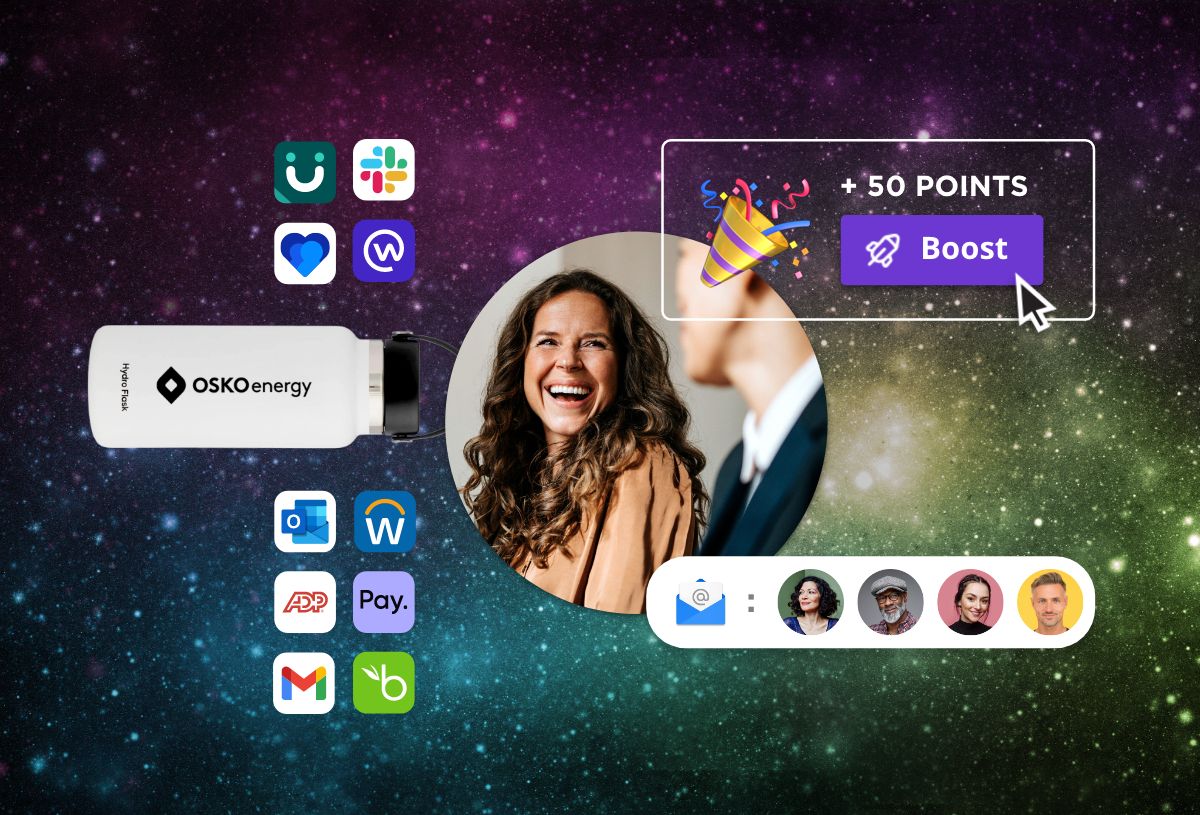Let’s Talk About Burnout
season 2, episode 3

The latest research in the 2020 Global Culture Report shows that 4 out of 5 employees are suffering from some form of burnout, but I’m guessing 100% of us have experienced it at some point in our career. And if you haven’t yet, you will. But if it’s so commonplace, why does it seem like everyone waited until this year to talk about this crisis? It could be that the World Health Organization recently recognized burnout as an official syndrome resulting from chronic workplace stress.
Now it’s not technically a medical condition—instead, they call it an “occupational phenomenon”—but it’s still a major shift. For decades, burnout has only been talked about in niche, high-stress industries like healthcare and air traffic control. But the truth is that burnout is happening in all kinds of workplace cultures. From yoga studios to yogurt shops. Hollywood to Bollywood. Physical therapists to . . . animal therapists?
Thanks to research from Forbes, we know that burnout contributes to as much as half of annual workforce turnover. Combine that with the fact that 79% of people are experiencing burnout and you start to realize just how big the problem is we’re facing. If we can reduce burnout, even by a little, it has the potential to improve the employee experience for millions of people.
So what can we do about it? First, we need to learn how to identify burnout in the wild. What are the signs and symptoms?
1: Exhaustion
This can be physical, mental, or a combination of both. It can be a result of being overworked without being appreciated or of increased job complexity without proper training to compensate. It could mean losing sleep at home due to stress levels at work. But however it’s caused, it’s easy to miss if you’re not looking carefully, regularly. This is chronic exhaustion we’re talking about, not just day-to-day fatigue. One on one conversations are a good way to establish regular check-ins to monitor for exhaustion, and to show you care, so don’t be afraid to ask people directly—how are you doing? Are you feeling tired? Overwhelmed? Overworked? Make it clear that you want them at their best, not just their most.
2: Futility
When people feel like their work isn’t having a noticeable impact, things can get a little dark. That’s why futility often manifests as cynicism. Because let’s be honest, we all put a little bit too much of our ego on the table when it comes to our job. If someone told me to my face that they thought this podcast was terrible, you know, I’d be a little bit hurt. It’s just a podcast, after all, but it’s my podcast. So the next time you hear someone saying something defeatist or joking about how their job doesn’t really matter, challenge yourself to look deeper and see what’s really going on underneath that layer of futility. You’ll probably find a person who cares about their job and wants what they do to have an impact.
3: Avoidance
When people feel powerless, they often intentionally distance themselves from their work. They may miss meetings, be reluctant to engage with coworkers, or be chronically absent. The more disconnected they feel from their job, the more their performance will suffer, which only furthers disconnection. It’s a deadly cycle.
Exhaustion. Futility. Avoidance. The symptoms are familiar, but every case of burnout is different and often requires highly personalized solutions to fully cure. You’re better off focusing on prevention, which means reinforcing the foundations of workplace culture.
Transparency, so they have context.
Support, so they know you have their back.
Control, so they have a sense of ownership
Appreciation, so their efforts are recognized
A well-defined purpose, so they know their work has more meaning than just a job well done.
If the numbers are right, burnout is poised to be the biggest problem of the next decade for CHROs, CEOs, and workplace culture crusaders everywhere. But we are not alone, and now that we know how to beat it, it doesn’t seem so scary, does it?
That’s it for this mini-ep of The Work Place. This episode was written and produced by yours truly, with editing and original music by Daniel Foster Smith, who also composed our theme song.
If you have a burning question about workplace culture, or a story about why YOUR workplace culture is the best (or worst) send it to theworkplace@octanner.com.
The Work Place is sponsored by O.C. Tanner, the global leader in engaging workplace cultures. O.C. Tanner’s Culture Cloud️ provides a single, modular suite of apps for influencing and improving employee experiences through recognition, career anniversaries, wellbeing, leadership, and more.



